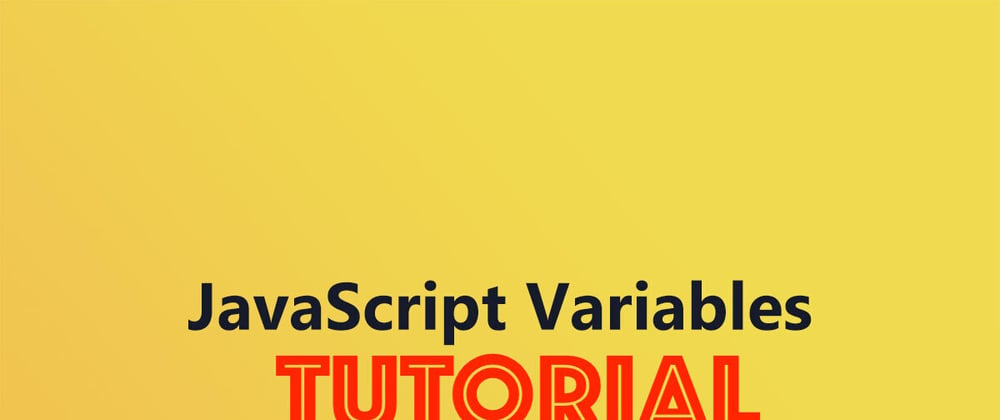📌 Understanding JavaScript variables is key to writing efficient and bug-free code. But should you use var, let, or const? Let's break it down!
🔹 What Are JavaScript Variables?
Variables are containers for storing data in JavaScript. However, with the introduction of ES6, we now have three ways to declare them:
-
var– The old way (function-scoped, hoisting issues) -
let– The modern, block-scoped approach -
const– The immutable, block-scoped option
Still confused? 🎥 Watch my latest tutorial for a deep dive into JavaScript variables!
🚀 Key Differences: var vs let vs const
| Feature | var |
let |
const |
|---|---|---|---|
| Scope | Function-scoped | Block-scoped | Block-scoped |
| Hoisting | Hoisted (undefined) | Hoisted (uninitialized) | Hoisted (uninitialized) |
| Reassignment | ✅ Yes | ✅ Yes | ❌ No |
| Best Practice? | ❌ Avoid | ✅ Use for mutable values | ✅ Use for constants |
🛑 Why Avoid var?
Using var can lead to unexpected bugs because of its function-scoped nature and hoisting behavior. Example:
console.log(name); // ❌ Undefined (Hoisting issue)
var name = "Sam";
Whereas with let and const:
console.log(name); // ❌ ReferenceError (Not hoisted)
let name = "Sam";
Best Practice:
✔ Use const by default.
✔ Use let if reassignment is needed.
✔ Avoid var unless you absolutely must support old browsers.
📺 Watch the Full Tutorial
For practical examples and best practices, watch my latest YouTube video:
👉 JavaScript Variables Explained
🎯 Like, comment, and subscribe for more coding tutorials!
📢 Let’s Connect:
https://linktr.ee/ebereplenty



Top comments (0)